History and Organization Studies
February 26, 2015
In a recent article with Andrea Bernardi of Manchester Metropolitan University, Anna Greenwood, newly appointed as an Assistant Professor at Nottingham History, asks what historians can learn from studies of organizations and what organization studies scholars can gain from history. Organization Studies is the sociological study of organisations like businesses or other bureaucracies. It has …
Women and the Law in 14th-Century England
January 23, 2015
In November 1394 Robert Polidod and his wife Margery, both of Nottingham, complained in the city’s borough court that Richard Hawkburn and his wife Alice owed them 22d for ale and a cash loan. Though Richard and Alice denied owing the money, an inquisition jury was summoned and reported that they did. The couple were …
American Labour and the Great War
January 8, 2015
In 1917, claimed President Woodrow Wilson, the United States entered the First World War to ‘make the world safe for democracy.’ On that proposition hundreds of thousands of American soldiers left for the trenches of Belgium and France. At home, however, an equally bitter series of struggles took place over whether democracy would also arrive …
The Reformations in England: the Anglo-German Context
December 5, 2014
Historians used to talk about “the English Reformation,” treating it as a moment in time. After Henry VIII’s break with Rome was solidified with the Act of Supremacy in 1534, it used to be argued, England became gradually more Protestant, until by the reign of James I a Calvinist consensus existed, at least inside the …
The “Remarkable Trials” at Lancaster 1806, in Song
November 7, 2014
On 13 September 1806 three men from Warrington (which was then in Lancashire), Samuel Stockton, John Powell and Joseph Holland, were hanged on the scaffold outside Lancaster castle. They were part of a group of twenty-four men who had been arrested for sodomy and other homosexual offences the previous May, of whom nine were eventually …
Robert Peel in Caricature
October 30, 2014
Say the word ‘caricature’ today in Britain and the chances are that you’ll have memories of the merciless lampooning of politicians by Spitting Image in the 1980s and 1990s or think of the prodigious output of leading political cartoonists such as Steve Bell in The Guardian, Richard Gaunt writes. These are the inheritors of a long …
The Habsburg Empire and Italian Nationalism, 1815-66
October 23, 2014
The Habsburg Empire that was finally extinguished in 1918 was made up of numerous nationalities. The national sentiment that developed within the Empire’s various national groupings in the nineteenth century is usually seen as a force for division within that empire, leading first to the independence of Italy between 1859 and 1870, and ultimately to …
Rewilding: the Natural History of Wild Boar in Northern Italy
July 17, 2014
Can a landscape be taken “back in time” to a state before agriculture in which natural species of flora and fauna re-emerge spontaneously? This process of “rewilding,” in which animal and plant populations specific to some pre-human past manage themselves through predation and death, has been tried most famously in the unlikely location of the …
Diplomats: beyond the ambassador’s reception
May 7, 2014
It is sometimes said that a diplomat is someone who thinks twice and then says nothing. In a new book John Young of Nottingham History examines the career of David Bruce, the longest serving US ambassador to the UK, who filled that office between 1961 and 1969. Using insights from historical and diplomatic studies, Professor …
Was Oscar Wilde Fairly Tried?
April 7, 2014
On 25 May 1895 Oscar Wilde and his co-defendant Alfred Taylor were convicted of gross indecency and sentenced to two years imprisonment with hard labour. The key evidence against them came from their former associates – “renters” Charles Parker, Fred Atkins and Alfred Wood who testified that Wilde had committed “indecent acts” with them and …

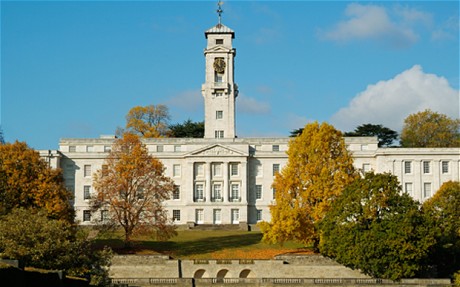
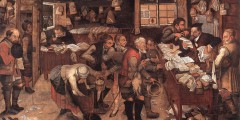
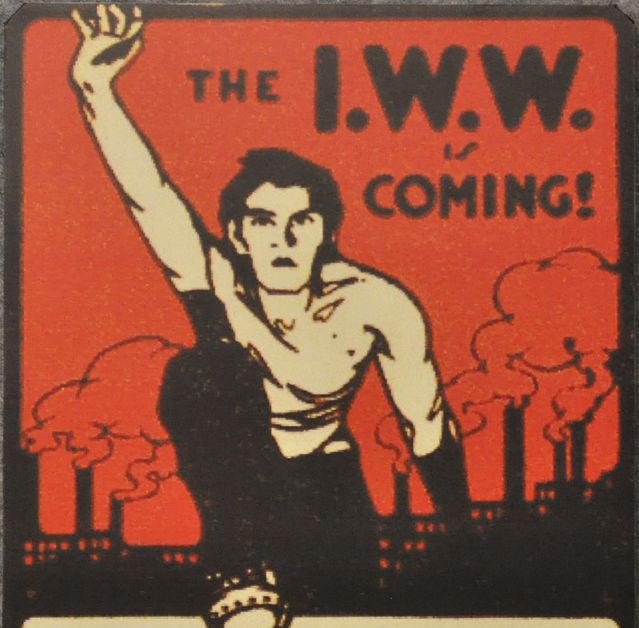
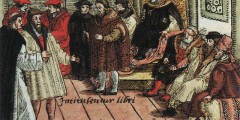
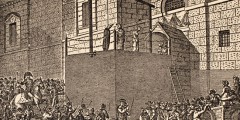
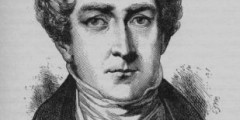
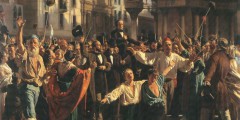
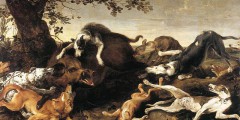

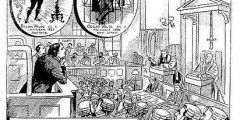
Recent Comments